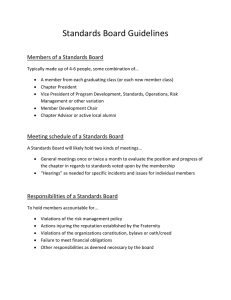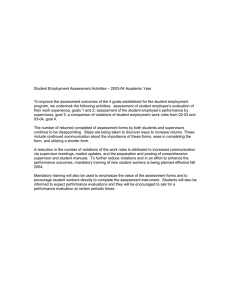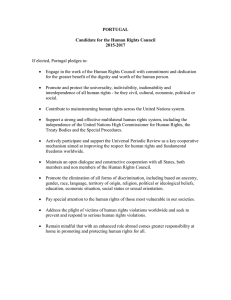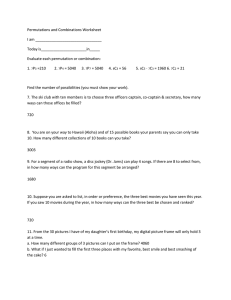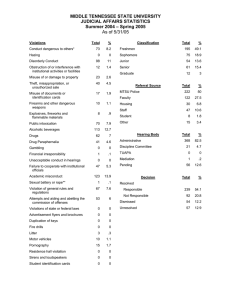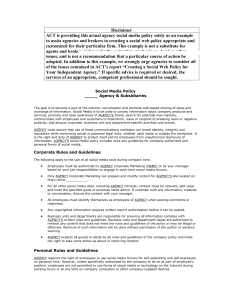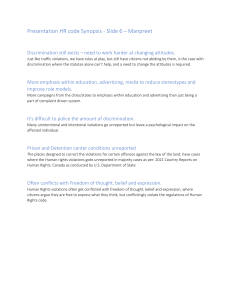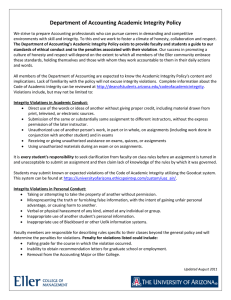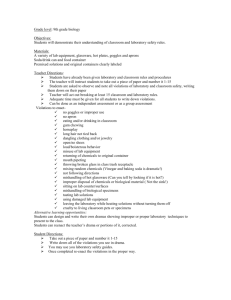Group "days"
advertisement
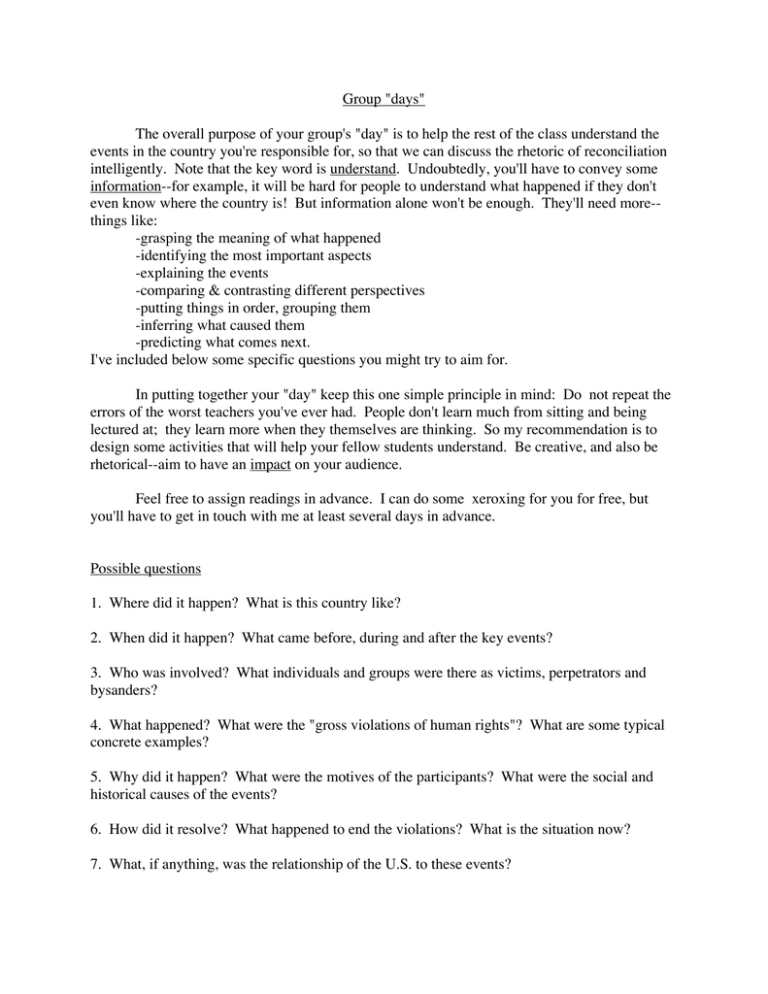
Group "days" The overall purpose of your group's "day" is to help the rest of the class understand the events in the country you're responsible for, so that we can discuss the rhetoric of reconciliation intelligently. Note that the key word is understand. Undoubtedly, you'll have to convey some information--for example, it will be hard for people to understand what happened if they don't even know where the country is! But information alone won't be enough. They'll need more-things like: -grasping the meaning of what happened -identifying the most important aspects -explaining the events -comparing & contrasting different perspectives -putting things in order, grouping them -inferring what caused them -predicting what comes next. I've included below some specific questions you might try to aim for. In putting together your "day" keep this one simple principle in mind: Do not repeat the errors of the worst teachers you've ever had. People don't learn much from sitting and being lectured at; they learn more when they themselves are thinking. So my recommendation is to design some activities that will help your fellow students understand. Be creative, and also be rhetorical--aim to have an impact on your audience. Feel free to assign readings in advance. I can do some xeroxing for you for free, but you'll have to get in touch with me at least several days in advance. Possible questions 1. Where did it happen? What is this country like? 2. When did it happen? What came before, during and after the key events? 3. Who was involved? What individuals and groups were there as victims, perpetrators and bysanders? 4. What happened? What were the "gross violations of human rights"? What are some typical concrete examples? 5. Why did it happen? What were the motives of the participants? What were the social and historical causes of the events? 6. How did it resolve? What happened to end the violations? What is the situation now? 7. What, if anything, was the relationship of the U.S. to these events?
